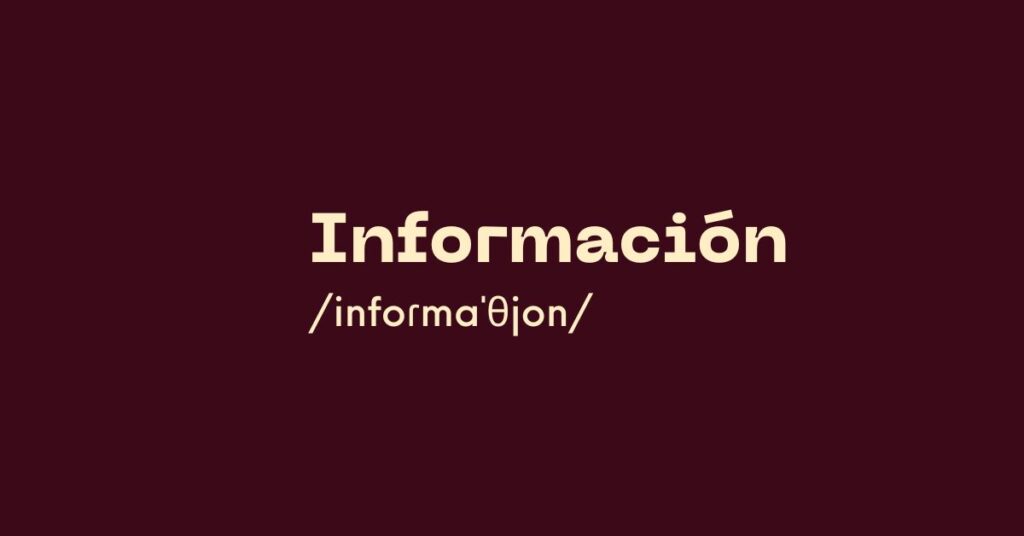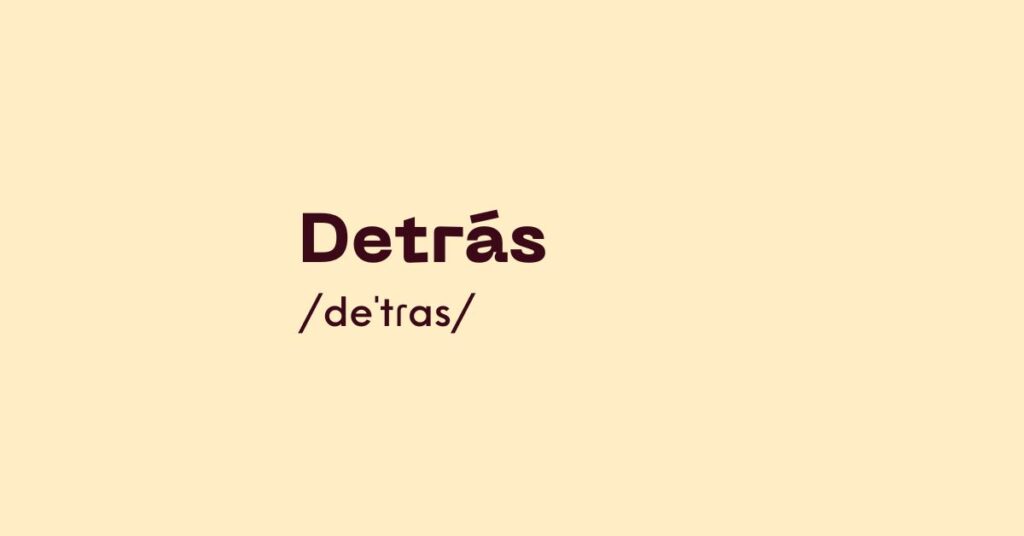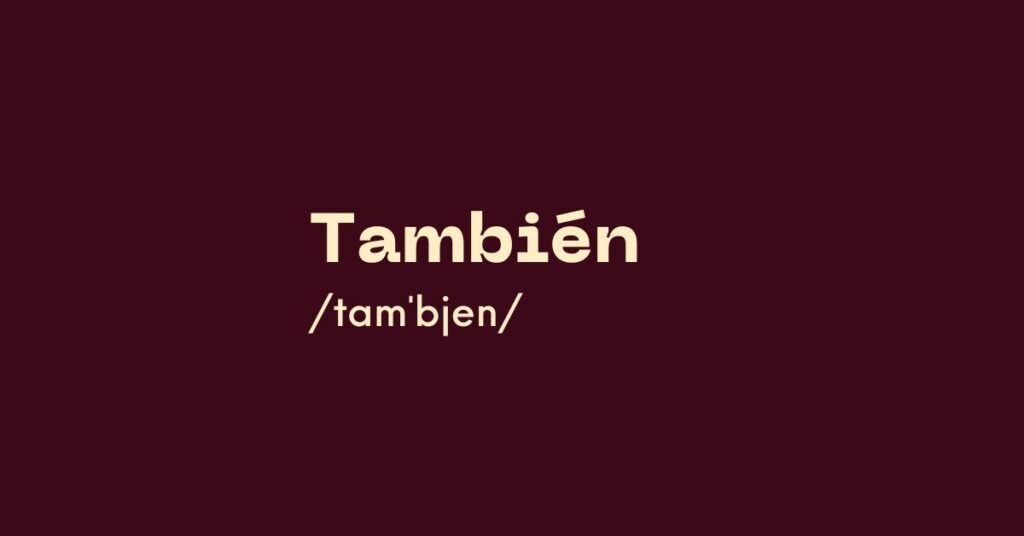Por
Today’s Spanish word of the day is “por”. It’s a preposition that can have several meanings, including “for”, “by”, “because of” and “through”. Some of the most common phrases and expressions in Spanish use the word “por”, including the following: The word “por” is often confused with the similar preposition “para”, which can also translate […]








